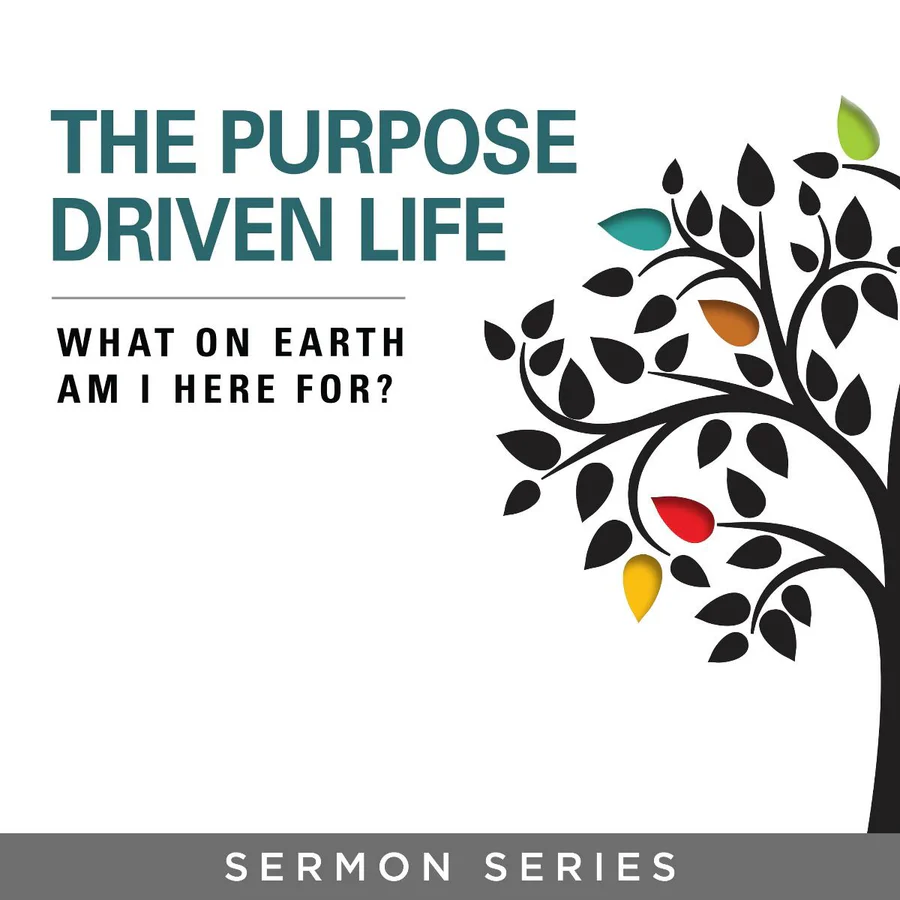
Jesus was a do-something preacher. He didn’t want people to just listen to what he said. He wanted them to do something as a result of what he taught them.
He said, “Anyone who hears these words of mine and does not obey them is like a foolish man who built his house on sand” (Matthew 7:26 GNT).
Other New Testament preachers expected the same. John the Baptist said, “Do the things that show you really have changed your hearts and lives” (Matthew 3:8 NCV). And the apostle Paul instructed Titus to “[tell] believers to live the kind of life that goes along with accurate teachings” (Titus 2:1 GW).
It’s not enough to be an accurate teacher of the Bible. You must show your congregation how to live out God’s Word.
So how do you become a do-something preacher? You help your congregation see that they cannot change their behavior without changing what they believe.
All behavior is based on a belief. Every action we take, good or bad, is based on what we believe. If we want to change the action, then we must change the belief. Unless we recognize the beliefs driving our thoughts, then we cannot change our minds.
Behind every sin is a lie that we believe. When we are tempted, it’s not something out there that’s the problem. It’s Satan twisting our own desires and thoughts that are already out of order.
Your congregation is aware of their sinful behavior—laziness, gossip, greed, etc. They need you to help them see that the battle they are really facing is in their mind. As Paul said, “I love to do God's will so far as my new nature is concerned; but there's something else deep within me that is at war with my mind and it wins the fight and it makes me a slave to the sin within me” (Romans 7:22-23 TLB).
Change always starts in the mind. You’ll find this principle throughout the New Testament. Romans 12:2 says, “Let God transform you into a new person by changing the way you think” (NLT). The way you think determines the way you feel. And the way you feel determines the way you act.
If you want people to change the way they act, then don't tell them to “do better.” Help them understand how to identify the belief behind the feeling behind the action.
People will not change their behavior unless they first change their beliefs. The battle with temptation always starts in the mind. If you want people to change to become more like Christ, then you must first help them see the lies they believe about God, about themselves, and about their circumstances.
When Satan wants to tempt us, he tries to get us to doubt what God has said. He whispers to us, “You know what will make you happy more than God does” and, “It’s no big deal; no one will get hurt.” Our self-defeating behaviors are our autopilot mode, where we keep believing Satan’s lies and repeating them to ourselves. Some of our behaviors are the result of a mental rut, where we stopped challenging our thoughts and keep believing them, even though they are based on a lie.
We’ve got to turn off the autopilot. How do you help people identify the lies they believe and change their minds? You point them to God’s Word. We separate truth from lies by holding what we think up to the light of Scripture. “We take captive every thought to make it obedient to Christ” (2 Corinthians 10:2 NIV).
We’ll continue to talk next week about how to become a do-something preacher by helping people obey God’s Word and God’s Spirit. Until then, how will you apply these truths to your own life?
Next week, I’ll share five more tips about how you can become a do-something preacher.







